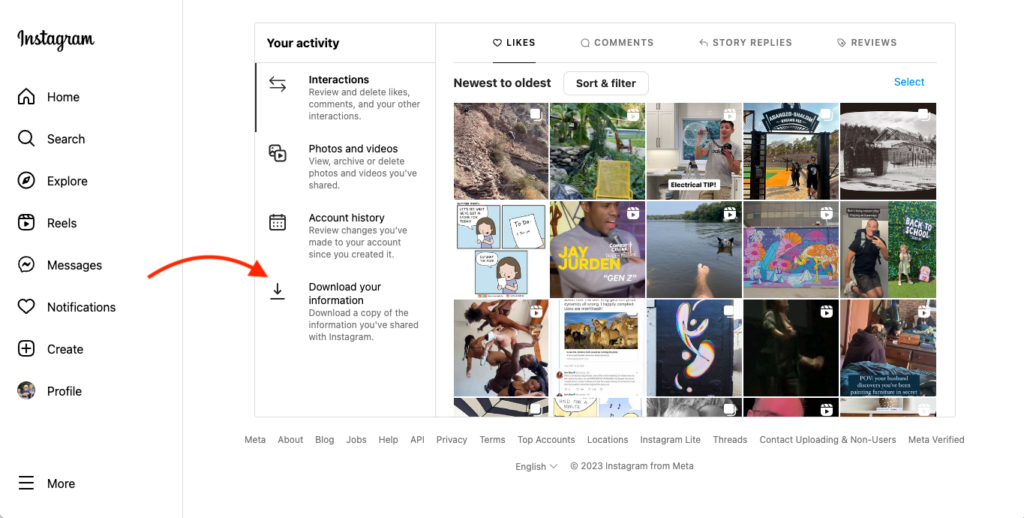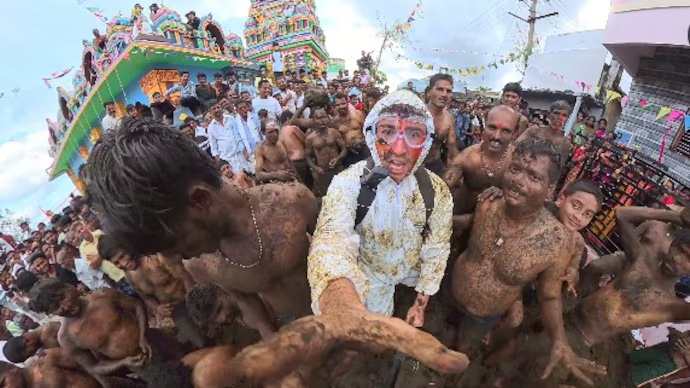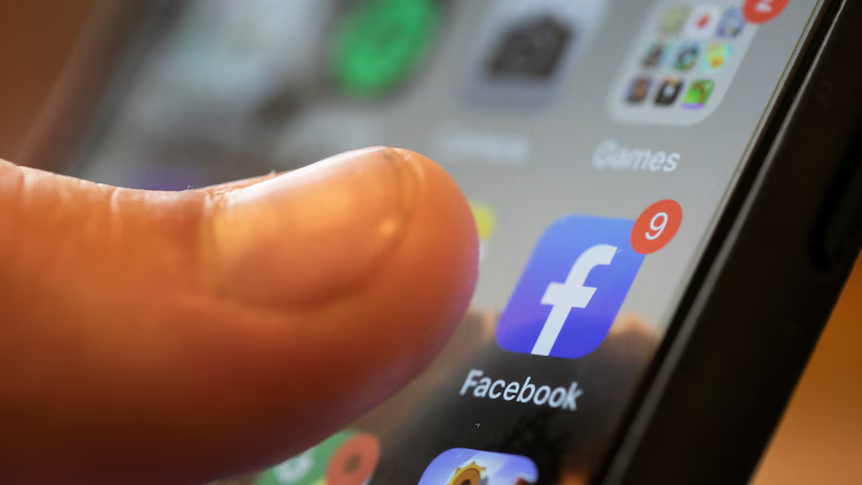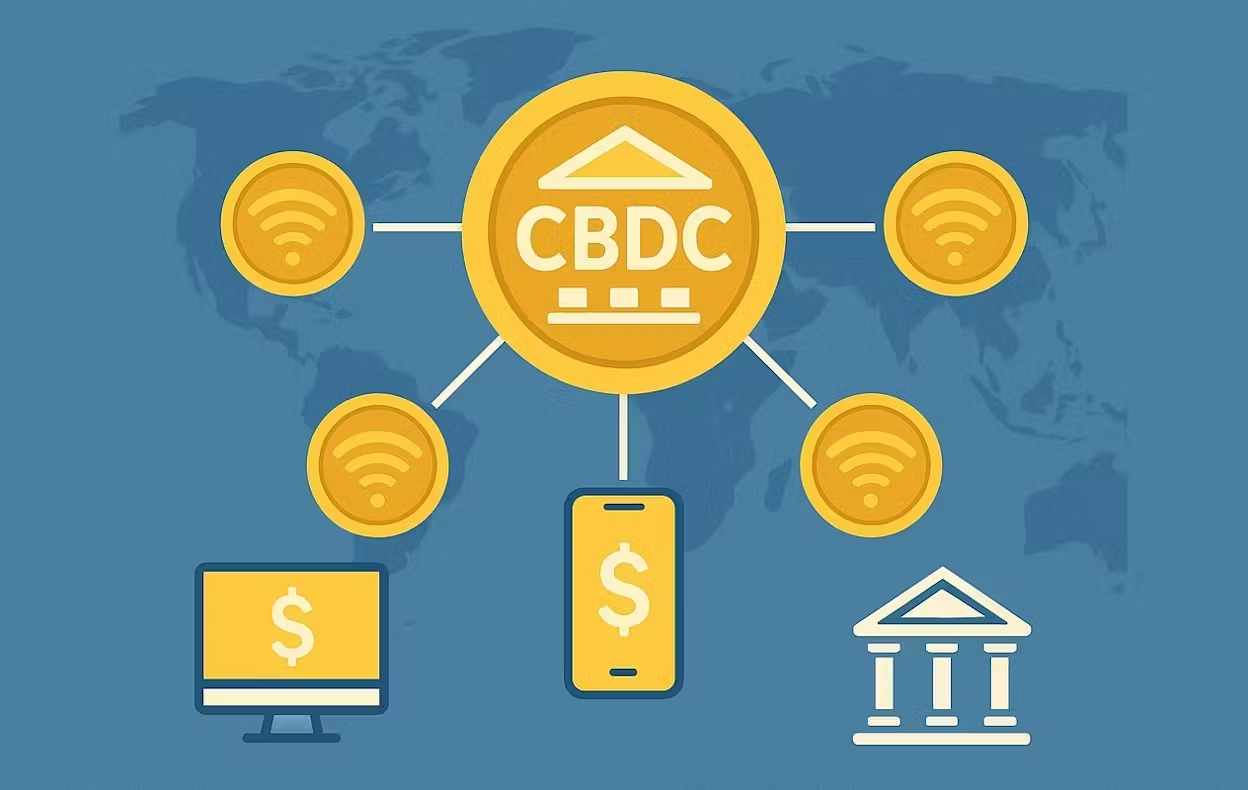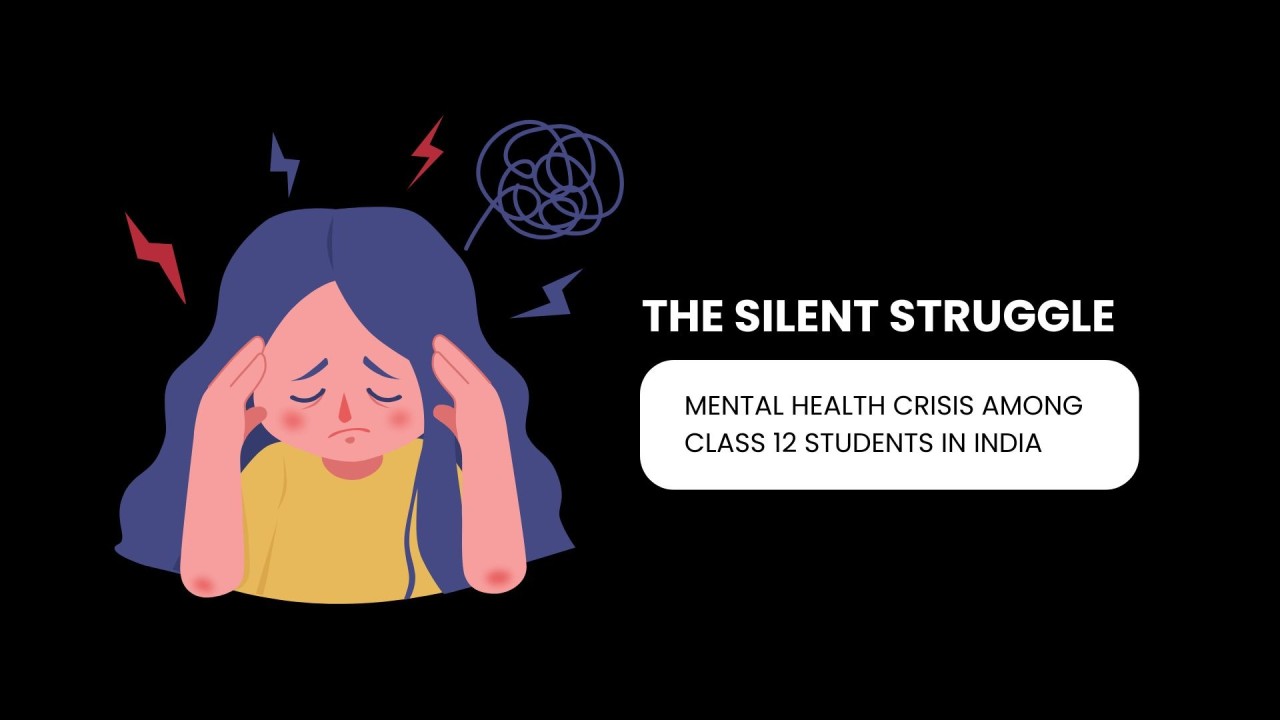Now Reading: Why People Fake Kindness on Social Media: Understanding the Trend
-
01
Why People Fake Kindness on Social Media: Understanding the Trend
Why People Fake Kindness on Social Media: Understanding the Trend

In today’s digital age, social media often shows a world of kindness, support, and generosity. Yet beneath the surface, many interactions are not as genuine as they appear. People frequently display acts of kindness online to gain attention, validation, or social approval rather than out of true empathy. This trend is especially visible in platforms where likes, comments, and shares have become measures of personal worth.
One reason for fake kindness is the desire to maintain a positive image. Users carefully curate posts that show them helping others, supporting causes, or sharing motivational messages. While these posts look compassionate, they are often designed to enhance social reputation rather than reflect real-life behavior. The pressure to appear socially responsible or morally upright can push individuals to act in ways that are performative rather than authentic.
Another factor is social validation. On platforms like Instagram, X, and Facebook, likes and comments are instantly quantifiable rewards. People may perform small acts publicly or comment with supportive messages simply to be seen as good or generous. Over time, this can create a cycle where online kindness is driven more by external recognition than internal motivation, leading to hollow gestures.
Psychologists also point out that social media encourages comparison. Users observe friends, influencers, or celebrities engaging in acts of kindness and feel compelled to mirror these actions. The competitive nature of online visibility often turns empathy into performance, where showing care becomes a strategy rather than a genuine response.
For users in Tier 2 and Tier 3 cities, the impact is significant because online behavior increasingly shapes real-life expectations. Younger audiences may develop unrealistic standards of social interaction, assuming that kindness must always be public, performative, or rewarded with attention. This can distort the perception of empathy and make genuine acts of help less visible.
The key takeaway is that social media amplifies both genuine and fake expressions of kindness. Recognizing the difference requires critical thinking and awareness. True empathy often happens quietly, without likes or shares, and understanding this can help users engage online more meaningfully while avoiding the trap of performative behavior.








